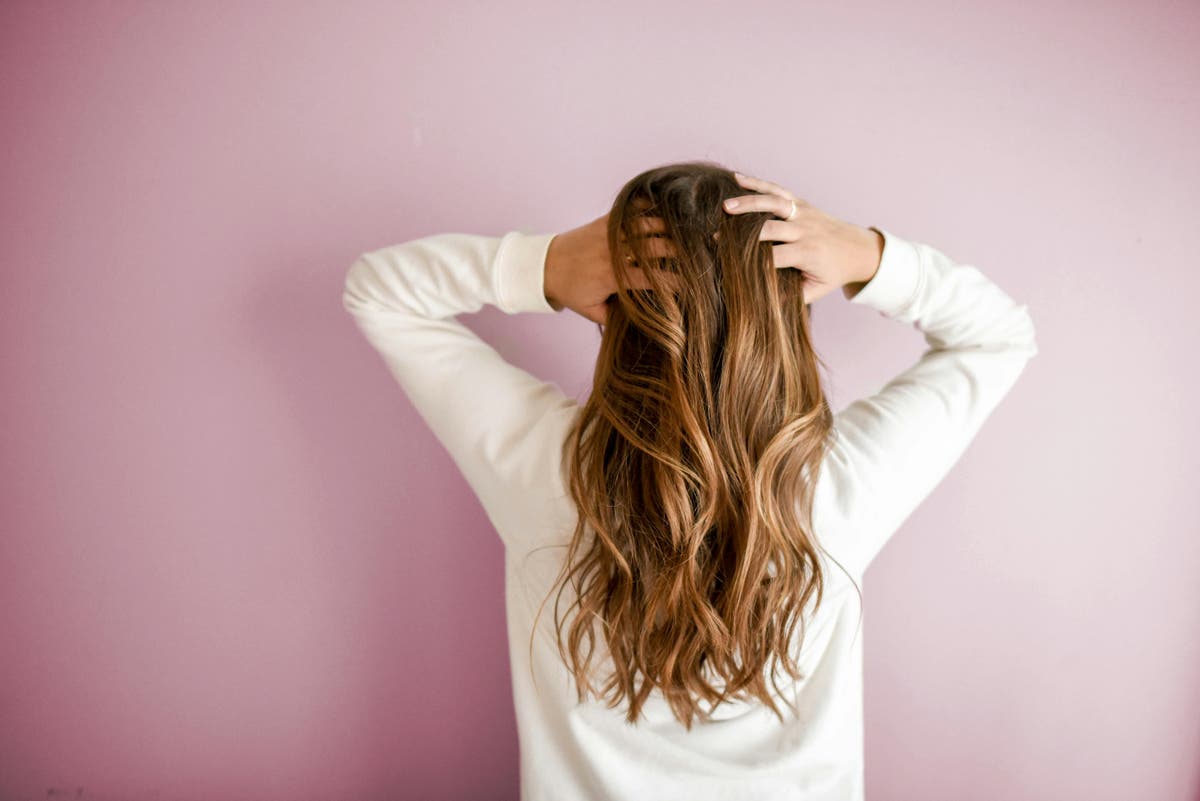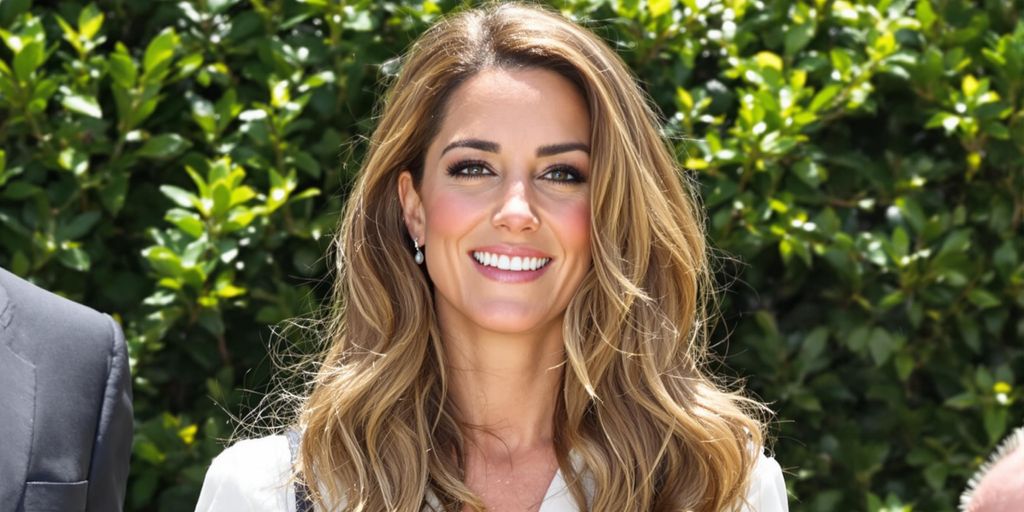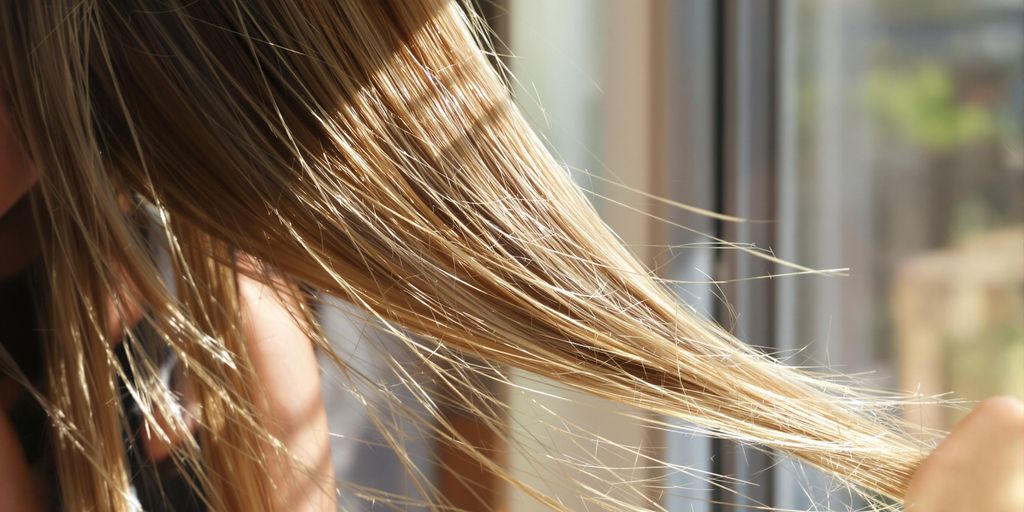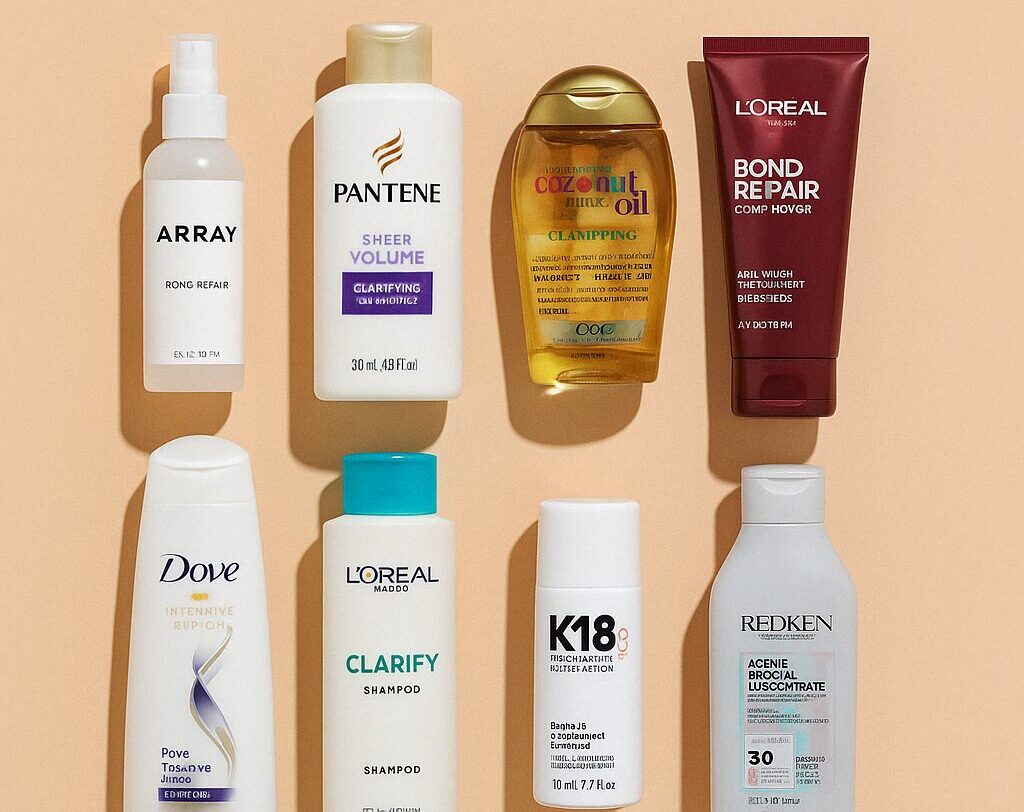Everyone has their own individual hair icons; for some, it is Brigitte Bardot’s lusciously thick, tousled hair, for others, it’s the sleek styles of the newest Bond girls. As our society’s perception of beauty continuously evolves, so does the hairstyles that come to grip our fancies – the most recent being Daisy Edgar Jones’ caramel-colored locks.
Many people take pride in their hair, often going to extreme measures to achieve their desired look. Some opt for heavy highlighting, aiming for strategically woven twinkling light sections that brighten and frame their face. Yet, these people also place a significant emphasis on hair health, often choosing to chop off their locks entirely if they appear ratty or bedraggled.
Hair maintenance is a delicate process. It is an art that requires the finesse of an expert who can treat the hair like an expensive fabric. Mastering this art consists of maneuvers such as not tugging on the hair or unnecessarily exposing it to extreme heat. Hair should be treated gently, with treatments that will help restore its health rather than cause further damage.
Understanding hair care is paramount to maintaining the health and vitality of your hair, and often, we need to bust common myths to grasp the actual facts. Anabel Kingsley, the Brand President and Consultant Trichologist at Philip Kingsley, share some of these truths and myths relating to hair care.
Historically, people believed that brushing the hair repeatedly was beneficial. They would run a brush through their locks, aiming to spread the natural oils from the scalp along the lengths. However, this practice can be detrimental. The oil on your scalp, mingled with sweat, dirt, and old products, is not suitable for your hair. Instead, using a paddle brush to untangle knots is advisable, while hydrating the hair ends should be done using hair products.
A growing emphasis is being placed on scalp health, proving that it’s the cradle of good hair. Anabel advices not to overload the scalp with products. The scalp has more oil glands than any other part of the body, and overloading it with products could exacerbate conditions like dandruff and seborrhoeic dermatitis. Treating your scalp to an occasional oil treatment before washing can be beneficial, but it should be removed promptly and not left on for extended periods.
Several myths are floating around alleging that rosemary oil or castor oil can promote hair growth. Unfortunately, these are baseless claims. Research has shown that these oils do not stimulate hair growth, nor do scalp massages (unless they’re too vigorous, which can cause traction alopecia).
Our hair is essentially dead tissues, and no amount of products can transform its state. Using products can only soften and enhance the hair’s appearance; it loses its vitality once it becomes damaged. Mitigate the damage by treating your hair gently and maintaining its sheen with regular treatments.
Sadly, nothing you can do will reverse the graying of hair. Any hypothesis stating otherwise is baseless. Embracing the natural graying process is the best approach.
Good nutrition significantly improves hair health. Nutrient-rich foods can ensure the growth of healthy hair. Foods that are rich in fats, protein, vitamin B12, complex carbohydrates, iron, vitamin D, zinc, and folate are essential for good hair health.
Contrary to popular belief, cutting hair does not make it grow longer. While getting a regular trim to remove split ends improves the hair’s overall condition, it doesn’t directly influence the hair’s growth length. Treating and trimming split ends, however, can prevent further hair damage.





